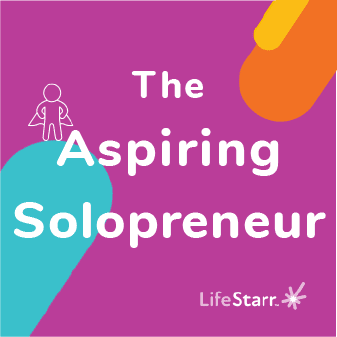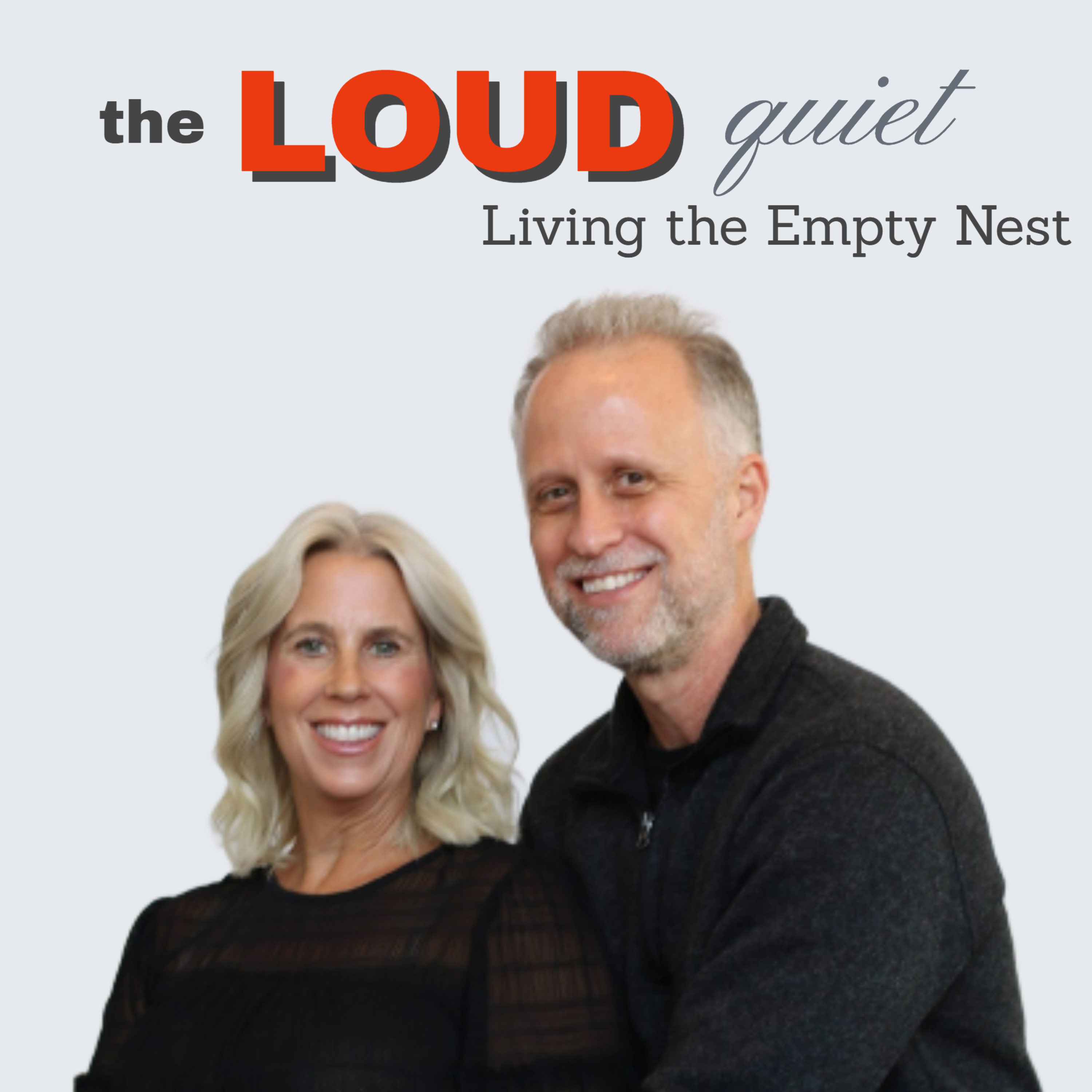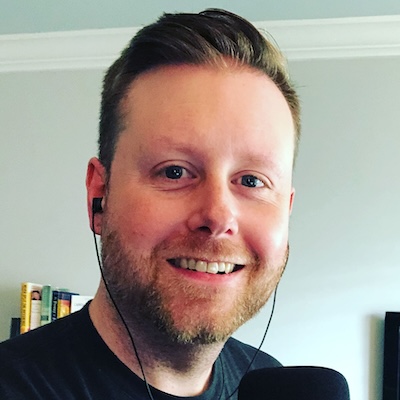My Body, My Car The SeniorScape®
The other evening I was watching TV when I saw a commercial that inspired me to write this blog. The actor unzipped a body bag revealing what seemed to be an engine that died. The words he uttered struck me, ” If he only called Car Shield before his car broke down.”
This reminded me that for the past several years I have been using the car as a metaphor for the body. For the most part, we take care of our cars to ensure they are running at the optimal level. We complete oil changes on schedule, check tire air pressure and have tires rotated, fill our windshield and radiator fluids, etc.
In my younger years before cars were computerized, I did a variety of my own car repairs. I changed and set the gap on spark plugs to ensure they would fire correctly, I changes hoses, distributer caps, gaskets and did oil changes, etc. I knew the appropriate lubricants to introduce for each system.
It struck me that while we may do everything to ensure our car runs optimally, we don’t necessarily think the same way about our body. We may carry carry medical insurance and visit our doctor on schedule for checkups, but we ourselves don’t think of what we are putting in our bodies that may affect how it runs. This is a major failure that contributes to our well-being, or lack thereof.
What do I mean by this? We would never think of putting antifreeze in our gas tank, gasoline in our radiator, or water in our engine (as opposed to oil) as we use the appropriate octane to fill our gas tanks. Yet we live our lives often without thinking of the choices we make that may be affecting our well-being, including being adequately hydrated. Hydration is the body’s lubricant; 75% of Americans are seriously dehydrated, and drink only 2.5 glasses of water/day. Dehydration has a significant negative impact on our health and wellbeing, including high blood pressure, weight gain, urinary tract infectios, poor physiologic function, poor Sleep, confusion and, at the most serious end of the spectrum, hallucinations and delirium.
The is that six out of every 10 Americans have at least 1 chronic disease which comes at a staggering cost to the Economy. Many of these are conditions we think of as being naturally associated with Aging, but that does not necessarily have to be the case. Many can be avoided based on the choices we make and the way in which we live our lives.
The area of Lifestyle Medicine has been growing in recent years. Lifestyle Medicine addresses the necessary lifestyle habits to help you achieve optimal wellness. It includes core practices and strategies that you need to serve you at the highest possible level. These are key important pillars of wellness which address the importance of the Mind-Body Connection. Movement, Eating, Hydration, Sleep, Thoughts, Social Connections and Purpose. They can be described as falling into three categories:
MInd – Body – Spirit.
Harvard’s T.H. Chan School of Public Health analyzed information from the CDC and two long term studies, The Nurse’s Health Study and the Health Professionals Follow Up Study. They found there was a dramatic decrease in the risk of heart disease and Cancer for those persons who implemented at least five lifestyle habits into their daily lives.
For those persons age 50 and above who implemented habits in each of the areas examined, they were able to significantly extend their lives. This as compared to people who did not implement these habits.
The study found that women who adopted healthy habits in all areas lived to 93, as opposed to those who did not who lived to only 79. For men the number of years they lived was slightly less, but still impressive. Eighty-eight for those who adopted these habits as opposed to age 75 for those men who did not.
Of course, there are other factors that influence our health, wellbeing, and longevity including family history, work environment, where and how we live.
Yet still, you can change the trajectory by making intentional choices that serve as an investment in your wellbeing. Truth be told, these choices are simple, but they may not be easy, We can call them longevity choices. I’ve termed them mindful longevity solutions.
While reading these areas of wellbeing may intuitively make sense, they are simple but not always easy to implement, especially considering our busy lives. But, if you desire to live as healthfully and gracefully as you possibly can, for as long as you possibly can, the time to begin is now. It’s never too late!!!!
If not already doing so, this is not an immediate about face. it is a process and takes time. It takes examining present unproductive habits and determining areas where you want, and are willing to work to make changes.
The American Diet is in crisis. I call it a fat, fried and oversized crisis. It is partially the result of advertising and the millions of research dollars that go into developing foods that appeal to our senses and contribute to a favorable mouth-feel experienc, both of which leads us to reach for unhealthy food choices.
It’s sometimes hard to resist these choices. It’s years of conditioning. Not only by society but in our families and culture. For many cultures food represents love and caring. Holiday celebrations and family get togethers find our tables overflowing with an abundance of choices, all of which we are expected to sample.
My mother used to tell me to finish everything on my plate because there were starving children around the world. She told me that ice cream and milk and cookies would make me feel better.
It’s all conditioning. Deconditioning or break that tie is not easy.
It extends way beyond food choices.
Stress taxes our minds and our bodies, it has been called the silent killer. Among other things it leads to high blood pressure.
We all beame acutely aware of the effects of loneliness and isolation during COVID. Lonliness leads to which leads to Depression which leads to cognitive decline and lowers a person’s pain tolerance. Forbes reports that fifty-eight percent of people in the United States feel lonely most of the time. This translates into a serious national health concern.
Our minds are full and much of what we do is mindless, but we are not mindful. We live on purpose, but not necessarily with purpose.
There are many more examples in which we are not functionally optimally for our well-being. Being aware is the first step in making conscious, intentional choices.
After all you are in the driver’s seat and your body is your vessel.
Commitment to examining these areas and willingness to take the necessary steps to make changes amounts to a belief in self-care as a number one priority. Become your Wellness CEO. Here is the poem I wrote about it.
The Wellness CEO
Your health is YOUR business,
Are you the keeper of your wellbeing?
It’s NEVER too late
The Place to Begin is Within
The Time to Begin is NOW!!!!!!
Your Health is your BUSINESS!!!!!
You are the CEO of your Well-Being,
If you don’t mind, it doesn’t matter, but
If you mind, make it MATTER!!!!!
The Place to Begin is Within….IMpathy®….The time to begin is NOW!!!!!
Make the Rest of Your Life, the Best of Your Life!!!!!!
Feel Fab….Look Fab….Be Fab – U – Lous
YOU!!!!
so you can
Age Magnificantly!!!!!!
To learn moreo about mindful longeity and what you can do to develop your Longevity Wellness Action Plan email: phyllis@phyllisaymanassociates.com
To listen to my TEDx Talk: Are You an Evolving Elder? visit:
https://youtu.be/rEQjDE1O2NE?si=JYAG929jeD8kcpQ3
Originally Published on https://www.phyllisaymanassociates.com/

























